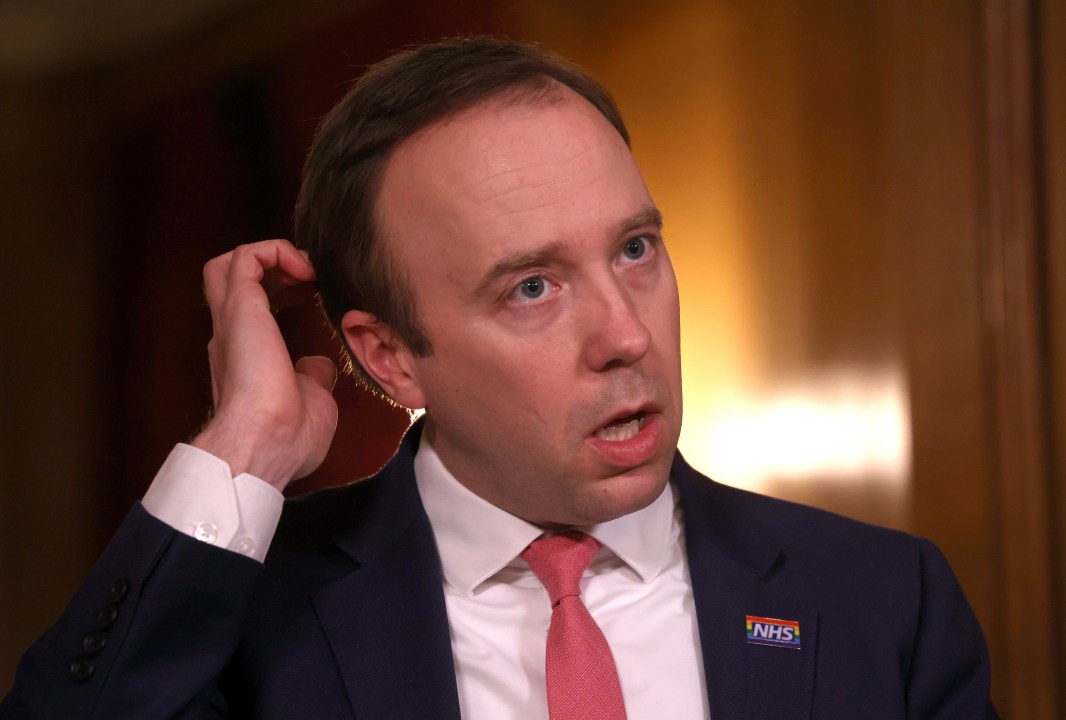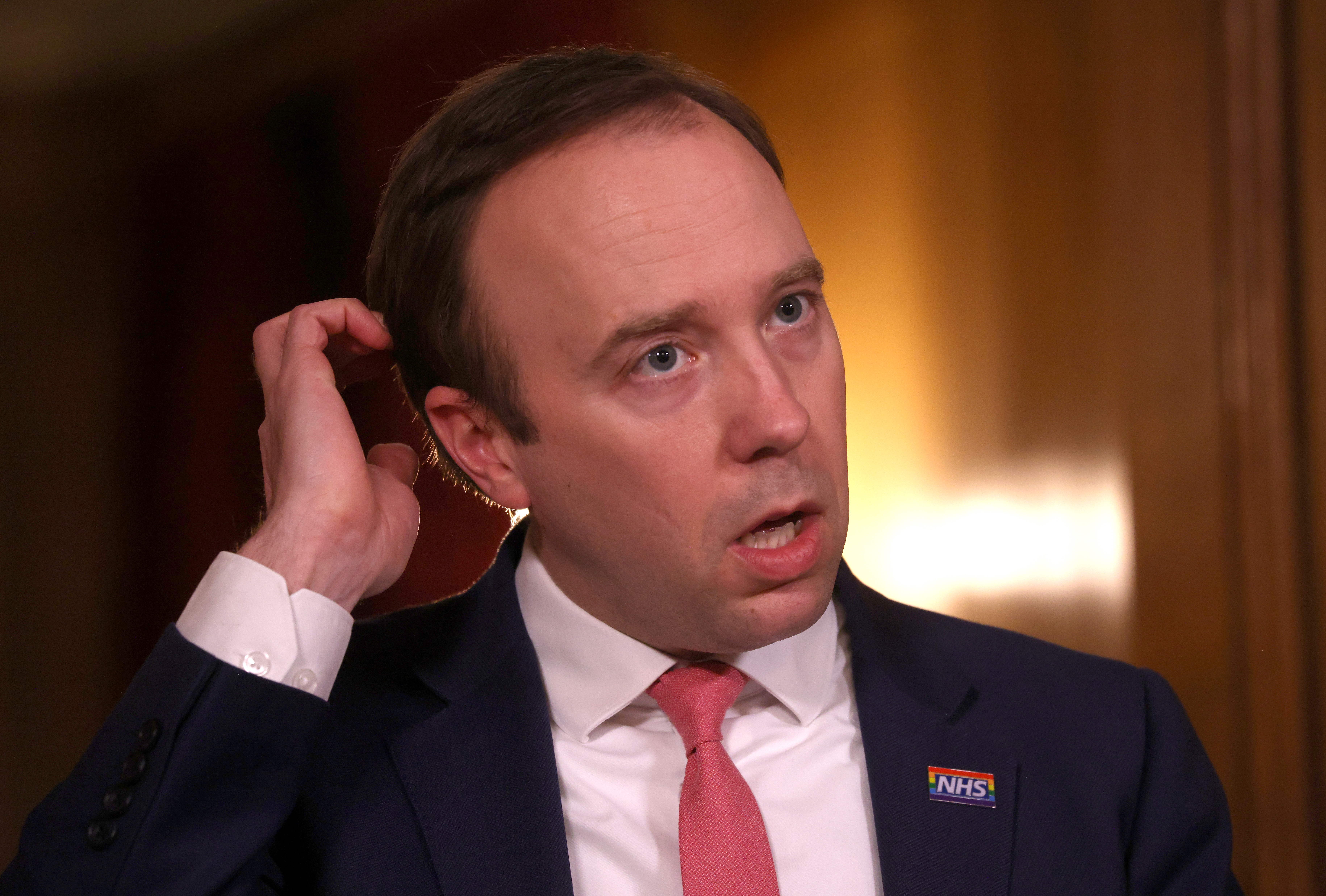The row over the NHS pay rise is taking up most of the political attention when it comes to the health service at the moment. But it’s not the only – or indeed the biggest – problem facing the politicians and officials involved. This morning Matt Hancock appeared before the Health Select Committee, and after being grilled on the proposed pay increase, found himself having to explain why, with just 16 days to go, hospitals still have no idea what their Covid-related funding is going to look like for the next six months and beyond. The NHS budget for 2021/22 still has not been signed off.
Hancock insisted that the 1 per cent pay increase is ‘a pay rise and that is simply a matter of fact’ because inflation is below 1 per cent – something that’s not going to go down hugely well with health service unions, given the Office for Budget Responsibility forecasts inflation to rise to 1.5 per cent later this year. It is also not the 2.5 per cent that was budgeted for, hence the row. But he also stuck to the government line of passing this over to the pay review body, which either gives space for a change of policy and a larger pay rise, or cover for the government to stick to the 1 per cent, saying it has been validated by an independent body.
On extra money to help hospitals cover the costs of Covid, Hancock said:
We will be publishing shortly but what all parts of the NHS know and what we’ve made very clear to them is that the direct operational costs of Covid will be covered and so people can plan with confidence.
But Committee chair Jeremy Hunt was politely unimpressed by this, pointing out how tight things were getting:
I just wonder whether you don’t think that we’re just cutting it rather fine, because it’s so close – just 16 days to go — and I think a lot of people would say it’s a primary responsibility of the government to give some budgetary certainty to people in a pandemic. Are you expecting this to be resolved very, very soon?
Hancock said he was, and explained that the reason for the delay is the need for ministers to know what stage of the pandemic Britain had reached before working out the cost of Covid for hospitals.
But there is clearly a game of brinkmanship going in within government over this extra funding. One of the reasons for this is that the Treasury is deeply suspicious of the NHS and the department of health. It has long been the case that many in the Treasury see the health service as an open plug hole into which money is endlessly poured without any apparent change in quality or the accompanying efficiencies which are often supposed to be part of the deal.
Successive chancellors have often sent ‘spies’ – ministers who are loyal to them rather than the health secretary – into the department to keep an eye on the day-to-day financial position. One Conservative who has previously held this role is Steve Barclay, who moved from being economic secretary to the Treasury to working as the minister of state for health in 2018. He is now back in the Treasury, via the Brexit department, as Chief Secretary. This is a powerful job, and involves Barclay taking calls from ministers across government, often at odd hours, about the need for more pots of money for certain policies. Barclay is in the useful position of understanding what his colleagues who remain in the department of health are actually talking about, having formed his own opinion on the NHS when he was there. He is now immensely important in advising Rishi Sunak on what is actually necessary and what is merely wishful thinking on the part of the health service.
On top of that, Sunak is desperate to stop the spending taps from being left on forever, which is why the pay increase was cut down to 1 per cent. The problem is that if the NHS has been a plug hole for money in normal years, it is rapidly expanding into something considerably bigger with the backlog in treatment and other knock-on costs of Covid. The delay in signing off the budget means hospitals are starting to worry they may have to cut staff – which will lead to more costs in the long run as agency workers are brought in to fill gaps. Sunak promised to give the NHS whatever resources it needed – but he’s taking his time over fulfilling that.








Comments